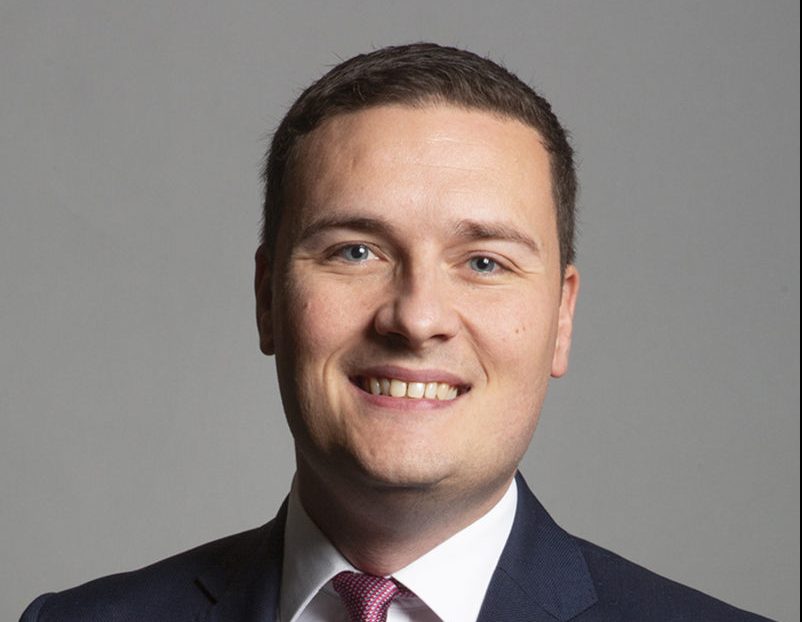Tough new measures will find public bodies who buy goods and equipment for the NHS in breach of the law if they fail to mitigate the risk of modern slavery in supply chains.
A public consultation has been launched today seeking views on government proposals to prevent goods being sourced from companies accused of exploiting their work force.
More than 21% of NHS suppliers were recently found to be at ‘high risk’ of involving modern slavery in their supply chains. Surgical instruments, gloves, gowns, uniforms and face masks were identified as the five highest-risk products.
Proposed new measures would legally require public bodies procuring goods and services for the NHS to both identify and mitigate risks of modern slavery. Organisations will be required to work with suppliers to identify risks and put forward solutions.
The new regulations will apply to all public bodies procuring health goods and services, including NHS trusts, integrated care boards and local authorities.
Health and Social Care Secretary Wes Streeting said: “The NHS is a public service built on compassion and equality, values which are completely antithetical to the heinous evil of modern slavery.
“These new measures will ensure vital checks are made and public bodies act to stamp out the crimes of slavery and human trafficking. This government will ensure the NHS is a leader in the fight against modern slavery.”
The NHS is the biggest public procurer in the country, and all NHS staff are empowered and encouraged to act as whistleblowers and report on incidents of slavery and human trafficking, supported by staff training courses.
Jacqui Rock, Chief Commercial Officer at NHS England said: “Modern slavery is insidious and needs to be eradicated from the NHS supply chain. While our procurement follows the government’s standard selection questionnaire, which addresses modern slavery risk, there is much more to do.
“We have a responsibility to ensure a zero-tolerance policy to modern slavery – and the more stakeholders that respond to this consultation will help strengthen these measures and help us wipe out this crime in the NHS supply chain.”



